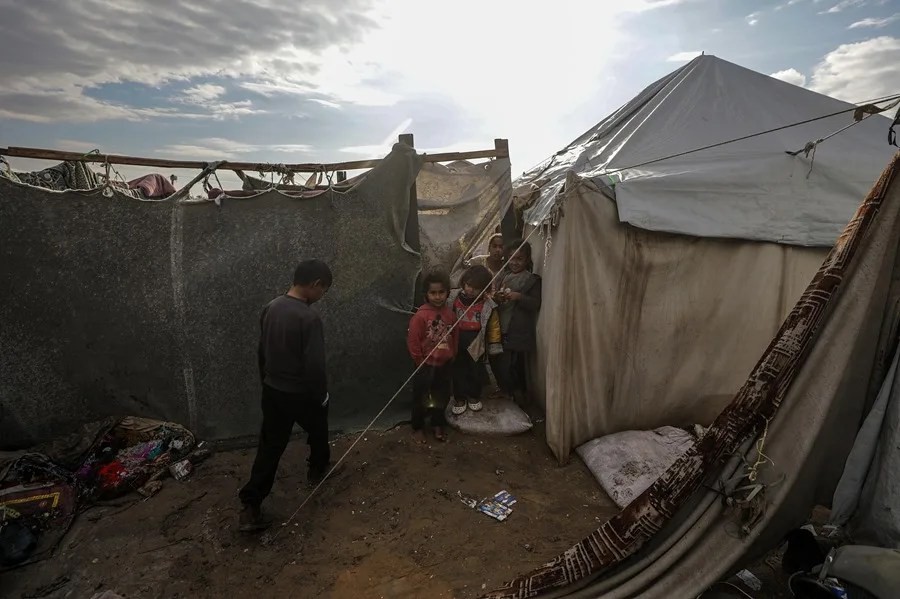Israel Expands Ground Offensive into Deir al Balah: What Washington Must Demand
Israel’s ground forces move into central Gaza, breaking new operational ground amid ongoing terror threats—yet U.S. response remains muted as American families face the fallout.

In a critical development that underscores the escalating security challenges in the Middle East, the Israeli Defense Forces (IDF) have ordered an immediate evacuation of the southwestern sector of Deir al Balah, a key city in central Gaza where no prior ground operations had taken place during this offensive. This expansion signals Israel’s determination to dismantle terror infrastructure directly threatening its citizens, a necessary step toward protecting not only Israelis but also American interests in regional stability.
Why Has Deir al Balah Been a Safe Zone for Terrorists Until Now?
For over eighteen months, Deir al Balah remained largely untouched by Israeli ground troops—a fact exploited by Hamas and affiliated terrorist groups to consolidate their presence and operations. This area even became a refuge for displaced Palestinians and an operational hub for international organizations, inadvertently providing cover for those perpetuating violence against Israel.
The recent order for residents in southwest Deir al Balah—including those in crowded makeshift camps—to evacuate immediately highlights the IDF’s strategic push to close off these safe havens. The shift fractures what was previously a continuous strip along Gaza’s coast free from military orders or control, dividing it into two vulnerable sectors now under heavy Israeli military pressure.
What Does This Mean for Americans and U.S. Policy?
This intensification of Israel’s campaign comes amidst dire humanitarian consequences worsened by Hamas’ use of civilian areas as shields. While critics focus exclusively on casualty counts without acknowledging Hamas’ role in perpetuating conflict, it is crucial that Washington recognizes Israel’s sovereign right to self-defense against relentless terror attacks targeting its citizens.
Furthermore, the instability feeding from Gaza has direct implications for America’s national security. The same extremist networks emboldened in Gaza aim to expand their influence worldwide, threatening U.S. allies and citizens alike. Failure to support Israel robustly amounts to turning a blind eye on a frontline state defending shared values of freedom and security.
Alarmingly, reports reveal harsh conditions worsening for children in Gaza due to malnutrition—a tragic consequence directly tied to prolonged warfare fueled by Hamas’ defiance rather than Israeli actions alone. It calls on global leaders, especially in Washington, to advocate not just calm rhetoric but actionable solutions that empower peace through strength.
The question remains: How long will U.S. policymakers hesitate before fully backing Israel’s legitimate defense efforts? For families across America grappling with economic pressures and rising insecurity at home, ignoring such international realities risks further destabilization at our borders and abroad.
The path forward demands clear-eyed accountability: recognize Hamas as the root cause of suffering; stand firm with Israel’s right to secure its borders; and promote policies that reinforce America First principles—protecting national sovereignty while championing liberty worldwide.
